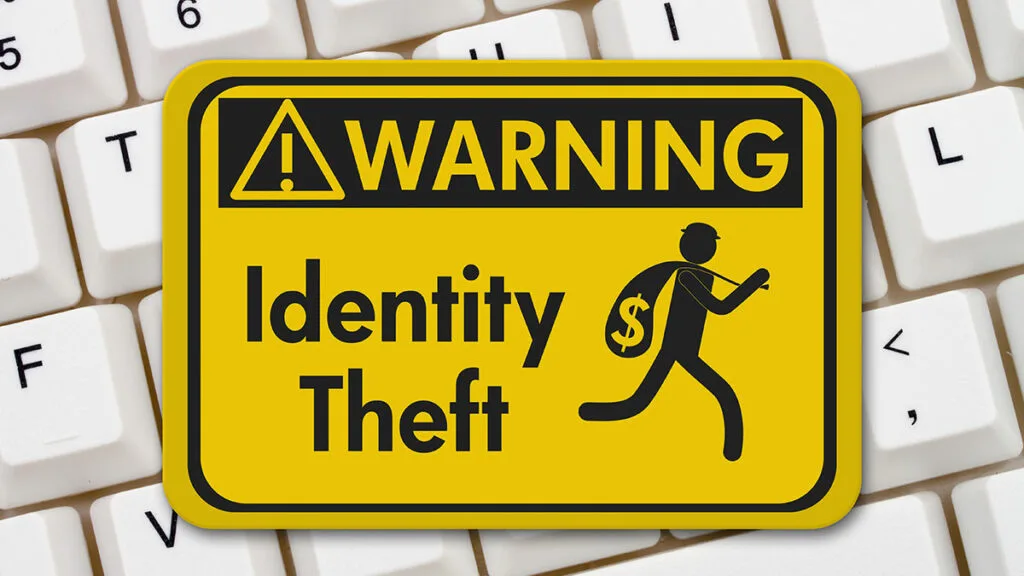How to Avoid Tax Resolution Scams

As tax season approaches, individuals and businesses find themselves navigating the complexities of tax preparation and, in some cases, resolving tax-related issues. Unfortunately, there are unscrupulous individuals and fraudulent companies looking to take advantage of taxpayers during this vulnerable time. Tax resolution scams can cause financial loss, legal troubles, and immense stress. In this blog, we’ll explore some essential tips to help you avoid falling victim to these scams and safeguard your hard-earned money.
Recognize the Red Flags
Being aware of the warning signs of tax resolution scams is the first step to protecting yourself. Common red flags include:
- Unsolicited communication: Receiving unexpected phone calls, emails, or text messages claiming to be from the IRS or a tax resolution company is often a sign of a scam.
- High-pressure tactics: Scammers may use aggressive tactics to rush you into making immediate payments or disclosing sensitive information.
- Guarantees and unrealistic promises: If a company promises to settle your tax debts for pennies on the dollar or guarantees specific outcomes, it’s likely too good to be true.
- Lack of credentials: Verify the credentials of any tax resolution company or individual before engaging in their services. Legitimate professionals should have proper licenses and qualifications.
Verify the Identity of the Caller or Company
If you receive a communication from someone claiming to be from the IRS or a tax resolution firm, always take the time to verify their identity. The IRS will never initiate contact through email, text messages, or social media. Their primary mode of communication is through the United States Postal Service. If you doubt the legitimacy of the communication, contact the IRS directly using the official contact information available on their website.
Do Your Due Diligence
Before hiring a tax resolution company, conduct thorough research. Look for reviews and testimonials from previous clients. Check the company’s rating with the Better Business Bureau (BBB) and search for any complaints or legal actions against them. Additionally, verify their physical address and contact information to ensure they are legitimate.
Seek Recommendations from Trusted Sources
When searching for a tax resolution professional or company, seek recommendations from friends, family, or colleagues who have gone through similar situations. Personal referrals are often reliable, as they come from trusted sources who have had first-hand experiences with the service providers.
Consult a Licensed Tax Professional
If you are facing tax-related issues, it’s essential to seek help from a qualified tax professional. Enrolled Agents (EAs), Certified Public Accountants (CPAs), and tax attorneys are licensed professionals who can assist you in resolving tax problems legitimately. They have the expertise and knowledge to navigate the complexities of tax laws and ensure you receive the best advice and representation.
Never Share Sensitive Information
Be cautious about sharing sensitive information, such as your Social Security number, bank account details, or credit card information, with unknown individuals or companies. Legitimate tax professionals will never ask for this information during an unsolicited call or email.
Tax resolution scams can cause significant financial and emotional distress. By staying vigilant, recognizing the red flags, and seeking help from reputable tax professionals, you can protect yourself from falling prey to these fraudulent schemes. Remember, the IRS and legitimate tax resolution companies will never pressure you into making immediate payments or threaten you with legal actions without providing proper documentation. Safeguard your finances and peace of mind by being informed and cautious during tax season and beyond.



